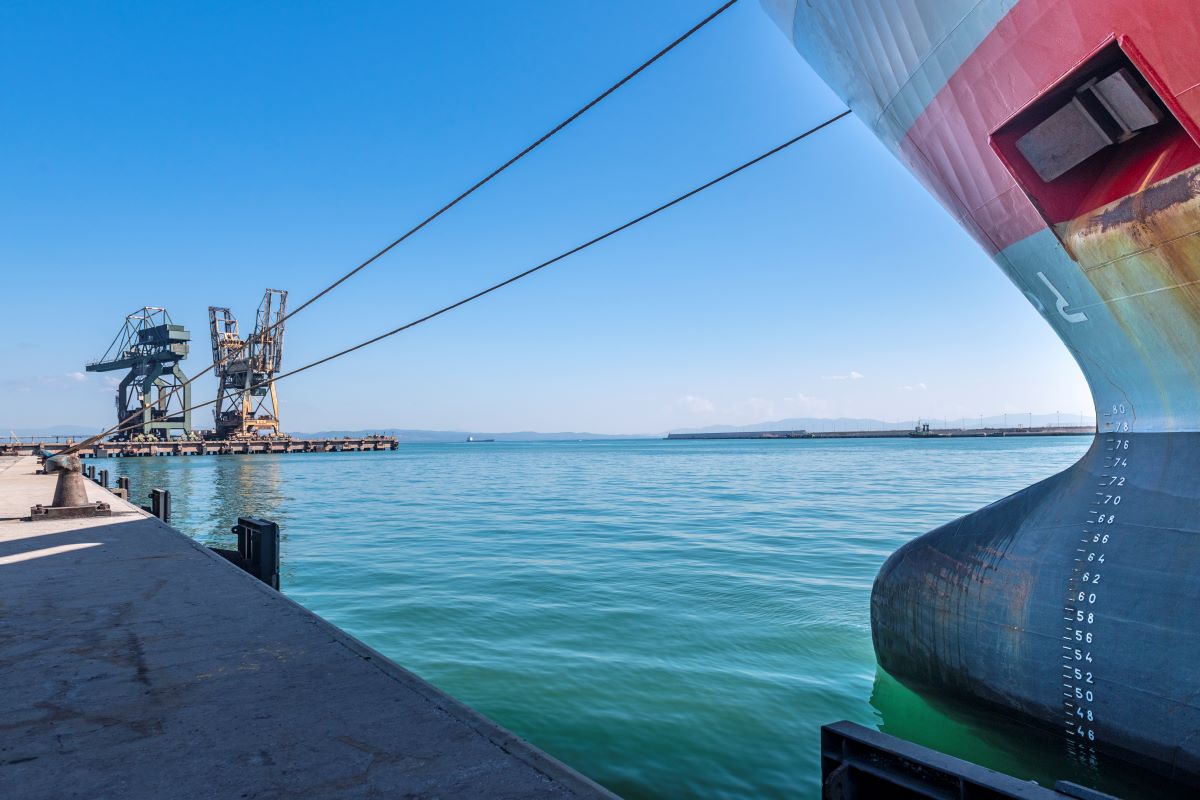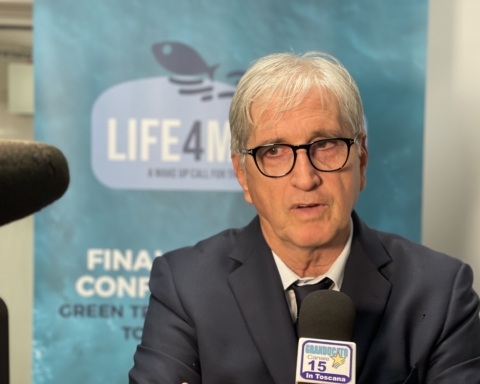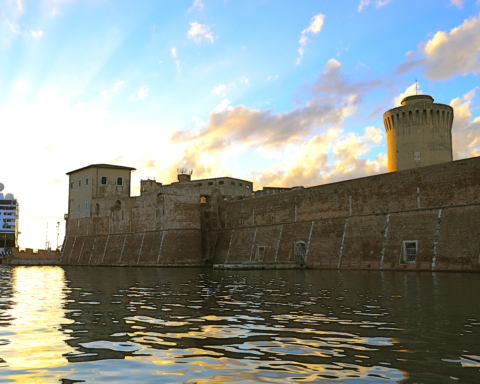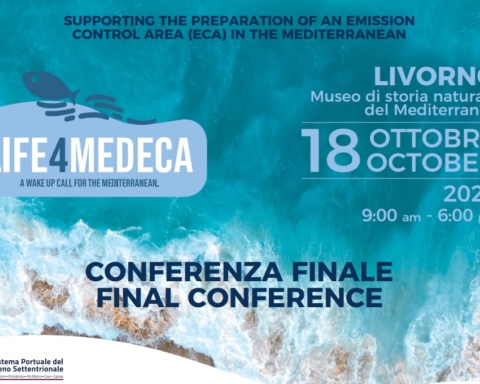“Whatever happens…, Isabelle Ryckbost, Secretary General of the European Sea Ports Organisation for years, lets herself be approached as she hurriedly consults the list of numbers registered on her mobile phone. The last call, yet another in a long series, comes from Livorno. In recent months, contacts with the top management of the Northern Tyrrhenian Port Network Authority have become almost constant due to the preparations for the next Espo Conference, the annual conference that this year will be held on the 23rd and 24th May in the city of the Four Moors.
While the countdown to the international conclave is about to reach the last pouring of the hourglass, Ryckbost lets herself go into a 360-degree analysis of the problems and challenges that European ports of call will face in the near future: digitization; automation processes; climate change in progress; upcoming economic nationalism: “Here are the game changers that are leading us into the new world”.
Yes, the new world: it is the “New World” that stands out clearly in the slogan prepared by Espo to launch the Conference (Europe’s ports in a new world): “I’m sure that Livorno will be the ideal place to talk about the changes taking place and the impact that these will have and, in part, are already having, on the port sector”.
Will ports be able to respond positively to the challenges of global competition? Will they know how to become the frontrunners of this new world? These are the questions that Espo will try to answer at the next annual meeting.
Not only that, the international conclave will be held a few days before the European elections for the renewal of the deputies representing the EU member countries in the European parliament in Brussels; it is a normal electoral dispute that the challenge between pro-Europeanists and sovereigntists is turning into a test able to mobilize the moods of the ‘liquid’ political geography: “The Conference will be a good opportunity to fix the priorities and the strategies in the port sector for the next few years”, Ryckbost admits, European ports are called upon, today more than ever, to take important decisions, which their destiny will depend on : “To be able to survive and evolve, first of all our ports need infrastructural and infostructural investments: 48 billion euros, is what their requirements amounts to , according to a study that we published last spring in preparation for the discussion on the Connecting Europe Facility II”.
The CEF is the EU’s financial instrument aimed at improving European networks in the transport, energy and telecommunications sectors: in the next EU 2021-2027 budget, the European Commission has proposed to allocate 42.3 billion euros to support investment in European infrastructure networks.
“Despite the general recognition of the significant role of ports and their multiple responsibilities, projects initiated by port authorities have so far managed to attract only 4% of CEF funding and only a third of the projects submitted have received funding. However, the results of the study show that public funding mechanisms remain a very important element for port managing bodies.”
For Ryckbost, investment is essential if strategic objectives are to be achieved: “We believe that our ports can achieve more than a modest 4% and that their maritime and cross-border dimension should be better exploited”.
Another fundamental theme is environmental sustainability, which the Secretary of Espo considers a driver for port investments: “The agenda for decarbonisation, adapting to climate change, air mitigation, are exerting increasing pressure on ports of call, forcing them to commit more and more to sustainable development and continuous improvement of their environmental performance”.
However, such an obligation is very onerous from a financial point of view: “We need all the support of the European Union to improve the environmental performance of every single port of call. It is time for ports to be recognized as points of reference in the battle against pollution and in the affirmation of common strategies regarding sustainable growth.”
And speaking of awards, it is not the first time that Espo has called for a review of the traditional role of Port Authorities, asking for them to be recognized as “port developers”. Ryckbost goes even further: “I do not intend to go into the merits of your national debate on the legal nature of Port Authorities, but I stress that Port Authorities that simply manage areas and regulate safety cannot make a difference in a context marked by increasing market competition. At Community level we are noticing that, regardless of the type of governance adopted, Port Authorities are gradually abandoning their simple role as housekeepers to become essential, dynamic port developers “.
The Secretary General of Espo is clear: “considering that ports are now protagonists experiencing first hand the events that are disrupting the geopolitical atlas of the world (from Brexit to the war on duties, to the great challenges of digitization), they must acquire the necessary financial and non-financial tools to stay in the game and confront sector operators and stakeholders , from a position of strength.”
In short, “Whatever happens, the Espo annual conference will certainly mark an important watershed between the past and the future: the continuous tactical repositioning and tensions that cross Europe open up new uncertainties about port operations , and only if we know how to interpret the great ongoing changes and develop common strategies can we approach the new world in the right way.”
Translation by Giles Foster




